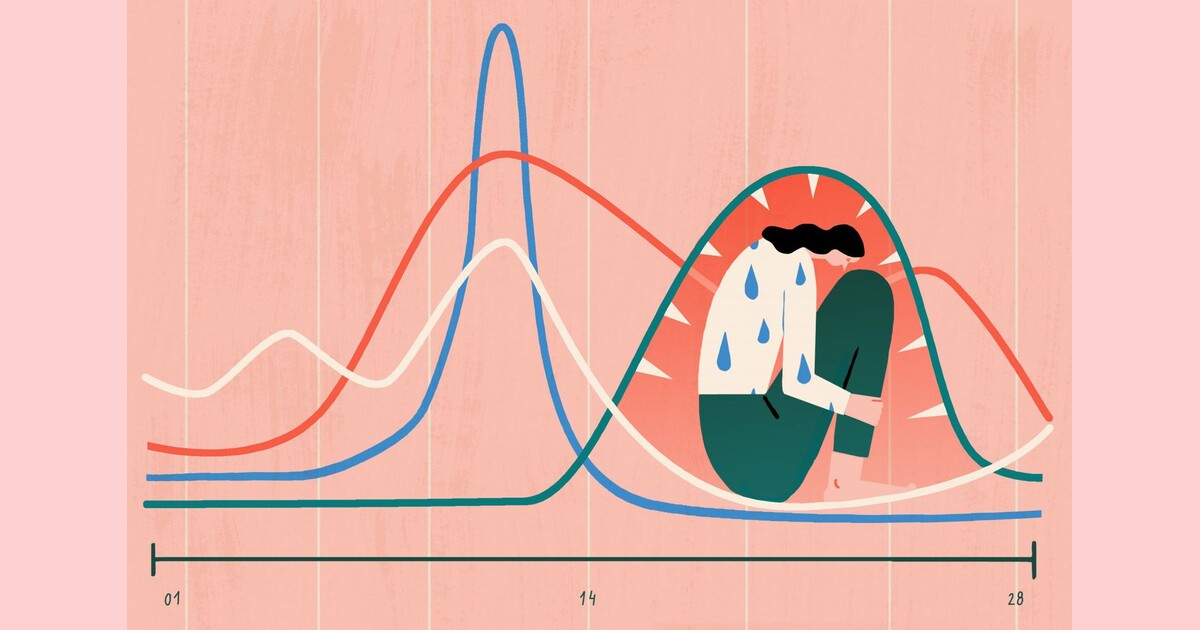Did you know that your premenstrual disorders might be linked to early menopause? Let’s dive into this study to understand what it means for women’s health.
Premenstrual Disorders and Early Menopause: What Women Need to Know
This study, led by a team of researchers who analyzed health data from 3,635 women in the United States, suggests that women with PMD and premenstrual dysphoric disorder (PDD) may face an increased risk of experiencing early menopause, defined as menopause occurring before the age of 45.
Early menopause, while less common, carries significant health implications, including an elevated risk of premature mortality, cardiovascular disease, neurological disorders, psychiatric conditions, and osteoporosis, according to the National Institutes of Health.
The study participants self-reported their age at reaching menopause and the severity and duration of vasomotor symptoms (VMS), such as hot flashes and night sweats.
The researchers discovered that women with PMD had a higher likelihood of experiencing early menopause. Additionally, there was a connection between PMDs and VMS, although the relationship was not entirely straightforward.
While this research provides valuable insights into the potential risks associated with PMDs, some experts caution against overemphasizing these findings in clinical practice.
Dr. G. Thomas Ruiz, an OB/GYN lead at MemorialCare Orange Coast Medical Center in California, noted that while early menopause is a concern, it’s not a frequent occurrence in his practice.
He stressed the importance of addressing patients’ current concerns, like severe bleeding or cramps, rather than speculating about future menopause-related health conditions.
Understanding early menopause is essential, and recognizing its symptoms, such as irregular periods, hot flashes, and changes in libido, can be crucial for women’s health. Various factors, including family history, genetics, smoking, autoimmune diseases, and medical procedures like oophorectomy, can contribute to early menopause.
However, it’s challenging to predict precisely when a woman will go through menopause, and there is limited control over this natural process. Dr. Jennifer Wu, an OB/GYN at Northwell Lenox Hill Hospital in New York, emphasized the need for further research into the role of inflammation in early menopause.
For women experiencing menopausal symptoms, treatments are available to enhance their quality of life. Options include low-dose hormonal birth control, menopausal hormone therapy, FDA-approved medications, and over-the-counter lubricants and vaginal moisturizers.
In addition to medical interventions, lifestyle changes and stress management techniques can help alleviate menopausal discomfort. These may include limiting alcohol intake, improving nutrition, incorporating exercise, and seeking emotional support.
While this study provides valuable insights into the potential relationship between PMDs and early menopause, it’s essential to remember that many factors contribute to menopause, and individual experiences vary.
Future research may further illuminate these connections, providing even more guidance for women’s health in the years to come.








Leave a Reply
You must be logged in to post a comment.